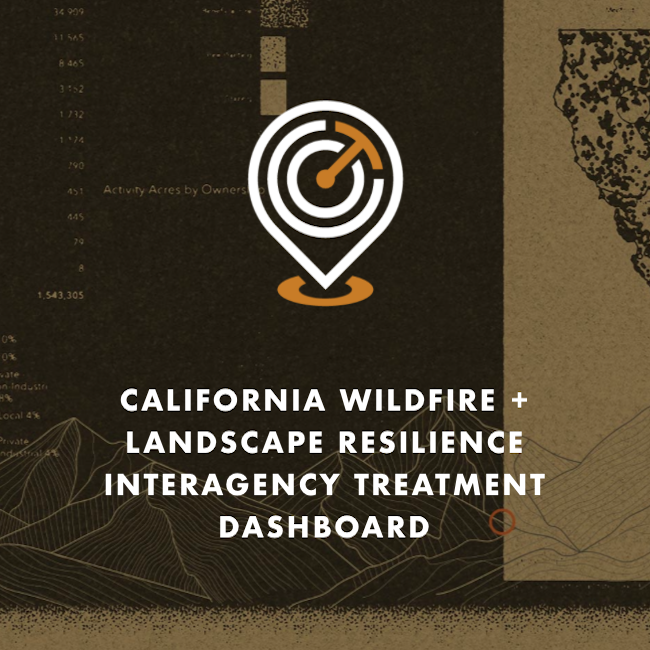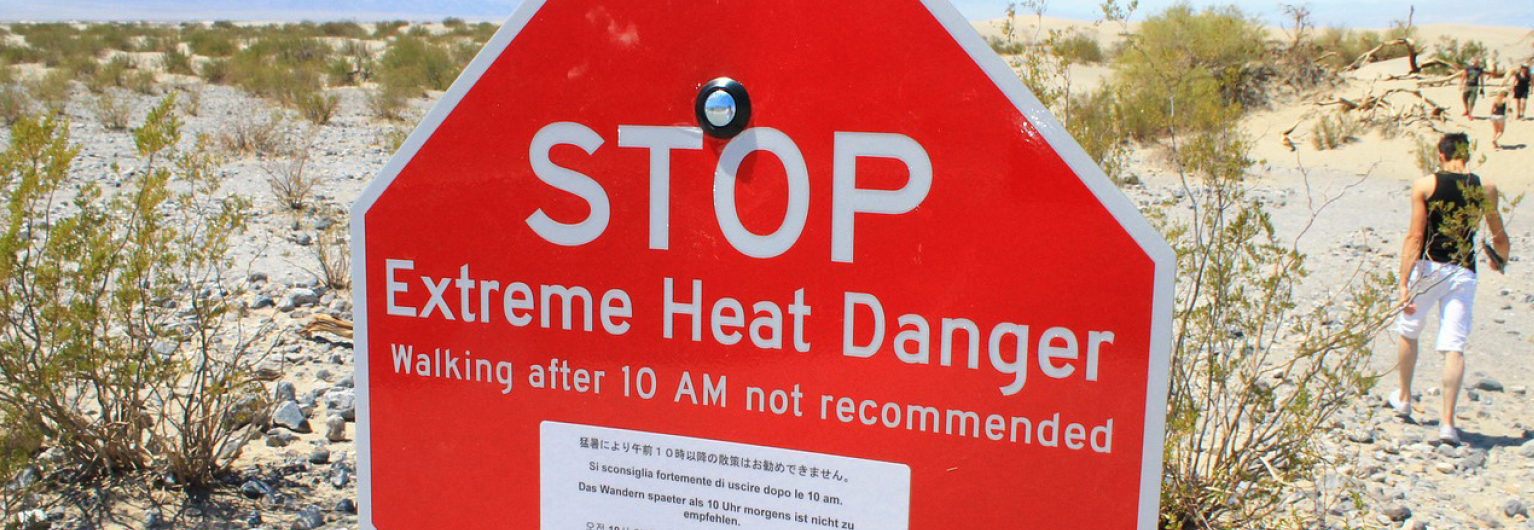Explore the Treatment Dashboard - Take The Survey
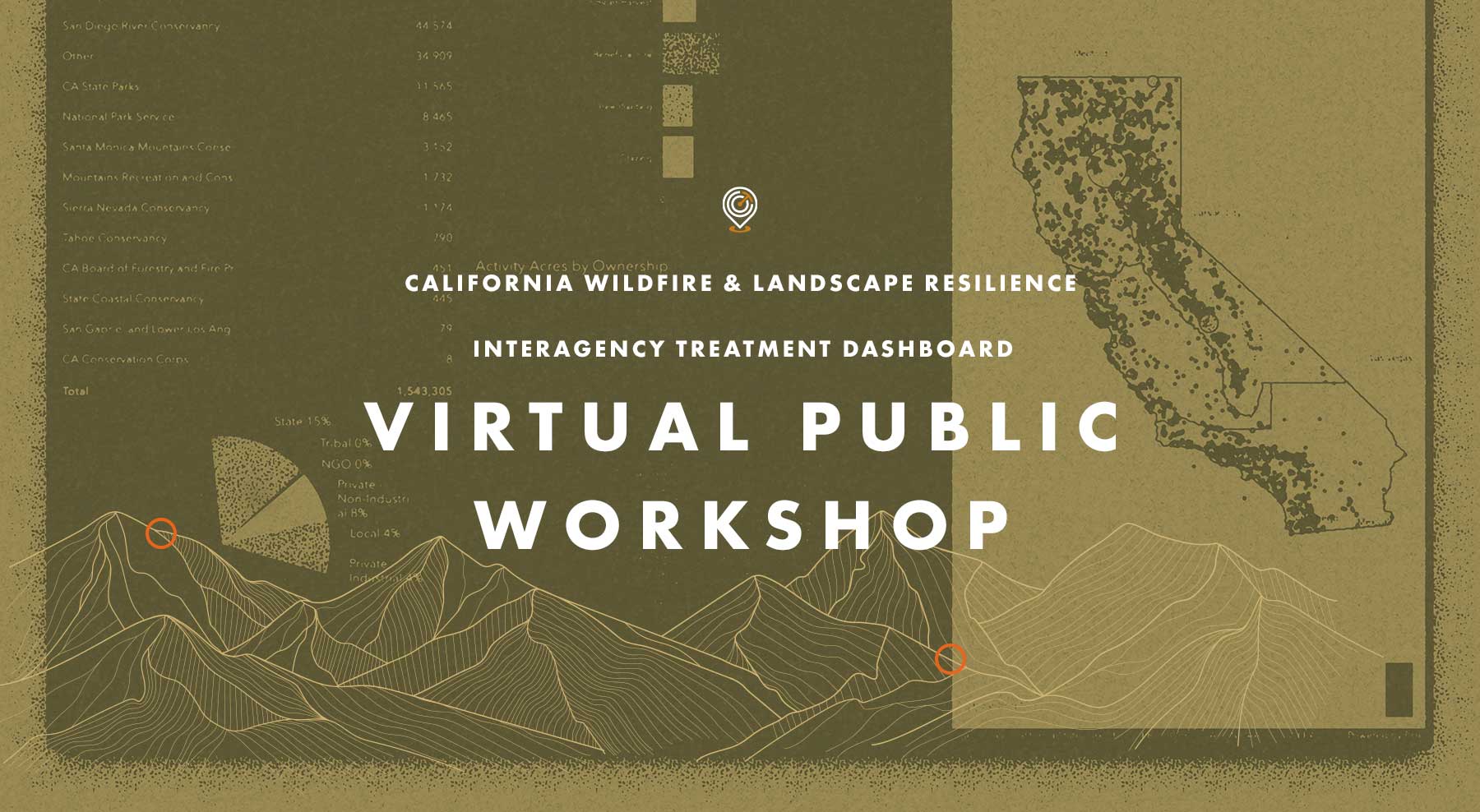
Recap: Treatment Dashboard Virtual Workshop
On Tuesday, November 14 the Task Force hosted a Virtual Public Workshop on the CA Wildfire & Landscape Resilience Interagency Treatment Dashboard. The goal of the workshop was to gather input from those using the Treatment Tracking System and Dashboard to improve how data is accessed and displayed, and to ensure we are providing transparency and effective planning information on statewide wildfire resilience treatments.
If you missed the workshop, or want to look back at what was covered, click on the buttons above to watch a video of the presentation from Alan Talhelm, Assistant Deputy Director for Climate and Energy at CAL FIRE, and a key architect of the Dashboard. You can also view and download Alan’s presentation and take a moment to answer a quick survey for gathering additional input on how the Dashboard can be most effective.
USFS Invests Over $100 Million to Plant Trees and Combat Extreme Heat
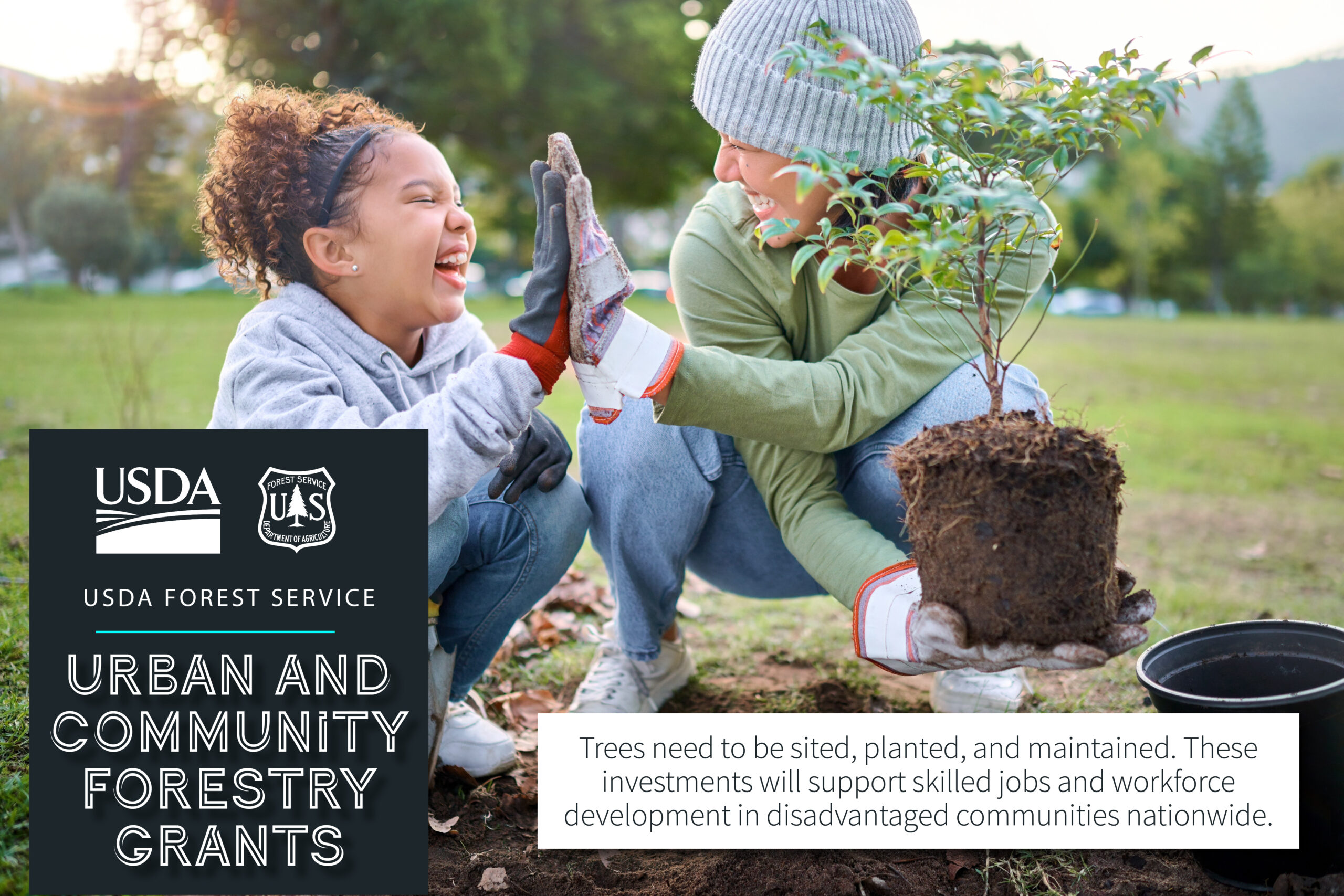
USFS Invests Over $100 Million in California to Plant Trees and Combat Extreme Heat
On September 14, the US Forest Service announced over $1 billion in Urban and Community Forestry grants to plant and maintain trees, combat extreme heat and climate change, and improve access to nature in cities, towns, and suburbs where more than 84% of Americans live, work, and play. This includes 43 funded projects with funds totaling over $100 million across cities in California. This is the largest single USDA Inflation Reduction Act investment to date in urban and community forests.
CAL FIRE Invests $47M in School Greening
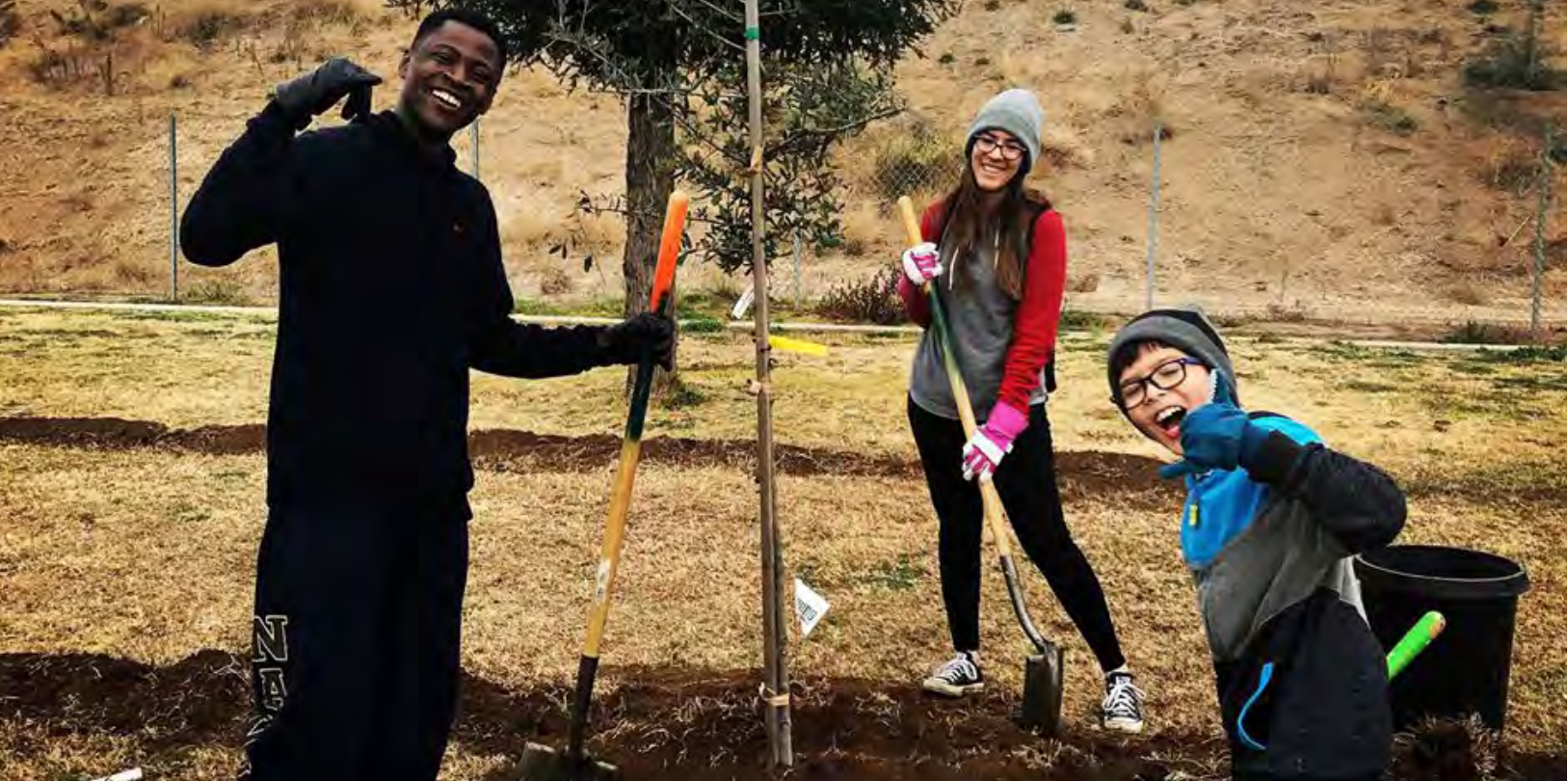
CAL FIRE Invests $47M in School Greening
More shade is on the way! On July 13, Governor Newsom announced CAL FIRE’s $47 million investment to help schools convert pavement to green spaces and plant trees and other vegetation. This first round of CAL FIRE’s $117 million Green Schoolyard Grant program will support 6 implementation projects and 9 planning projects on 100 schoolyards statewide. The program is part of the Governor’s Extreme Heat Action Plan, which is backed by the $52.3 billion California Climate Commitment budget. This program supports the goal of to expanding urban canopy, as laid out in the Task Force Action Plan.
Wildfire & Forest Resilience Treatment Tracking and Mapping
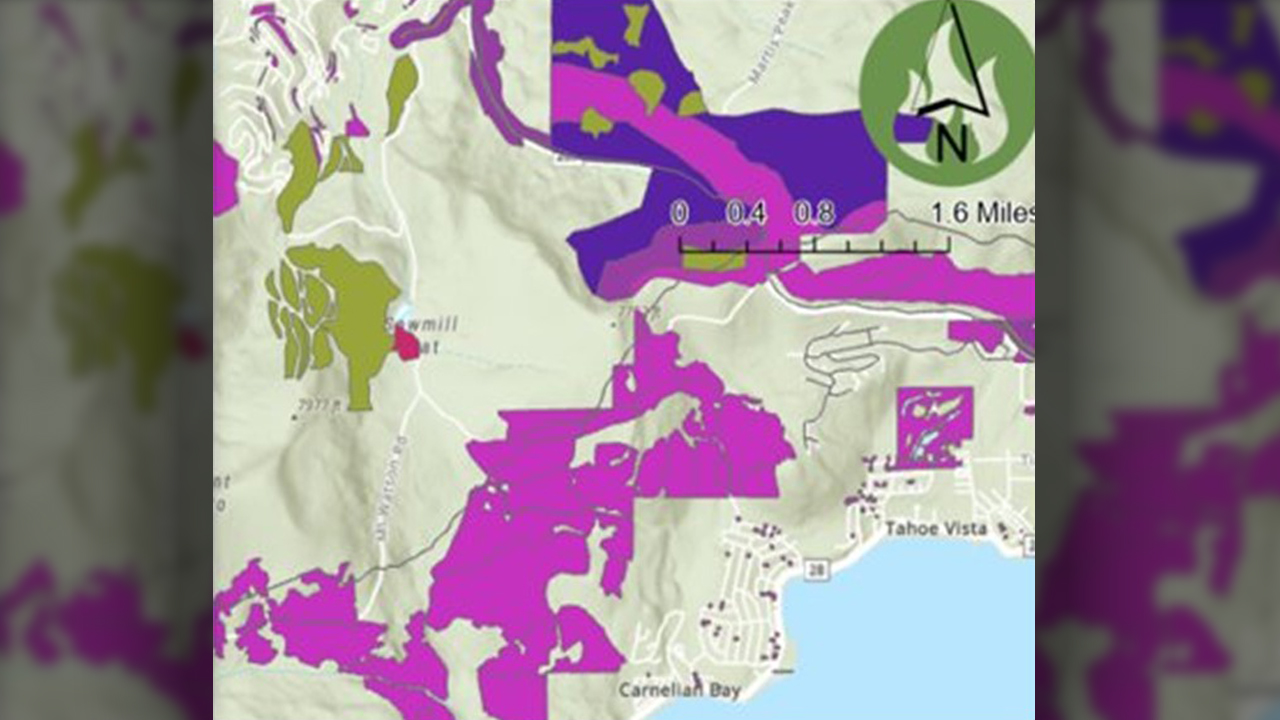
Wildfire & Forest Resilience Treatment Tracking and Mapping
At the March 30 Task Force meeting, the Task Force’s Monitoring, Reporting and Assessment Work Group gave an update on their efforts to build an interagency treatment tracker. The group is assembling federal, state, local, private data on planned, active, and completed projects statewide, including those on forests, grasslands, shrublands, and covering approximately 60 different activities (type of work completed). The goals include tracking progress toward state/federal acreage targets; facilitating regional planning and monitoring; and assessing benefits/costs beyond “acres treated.” The Task Force anticipates having a publicly available treatment tracking map and dashboard by summer 2023.
RESOURCES
$117 Million Available for Schoolyard Greening Projects
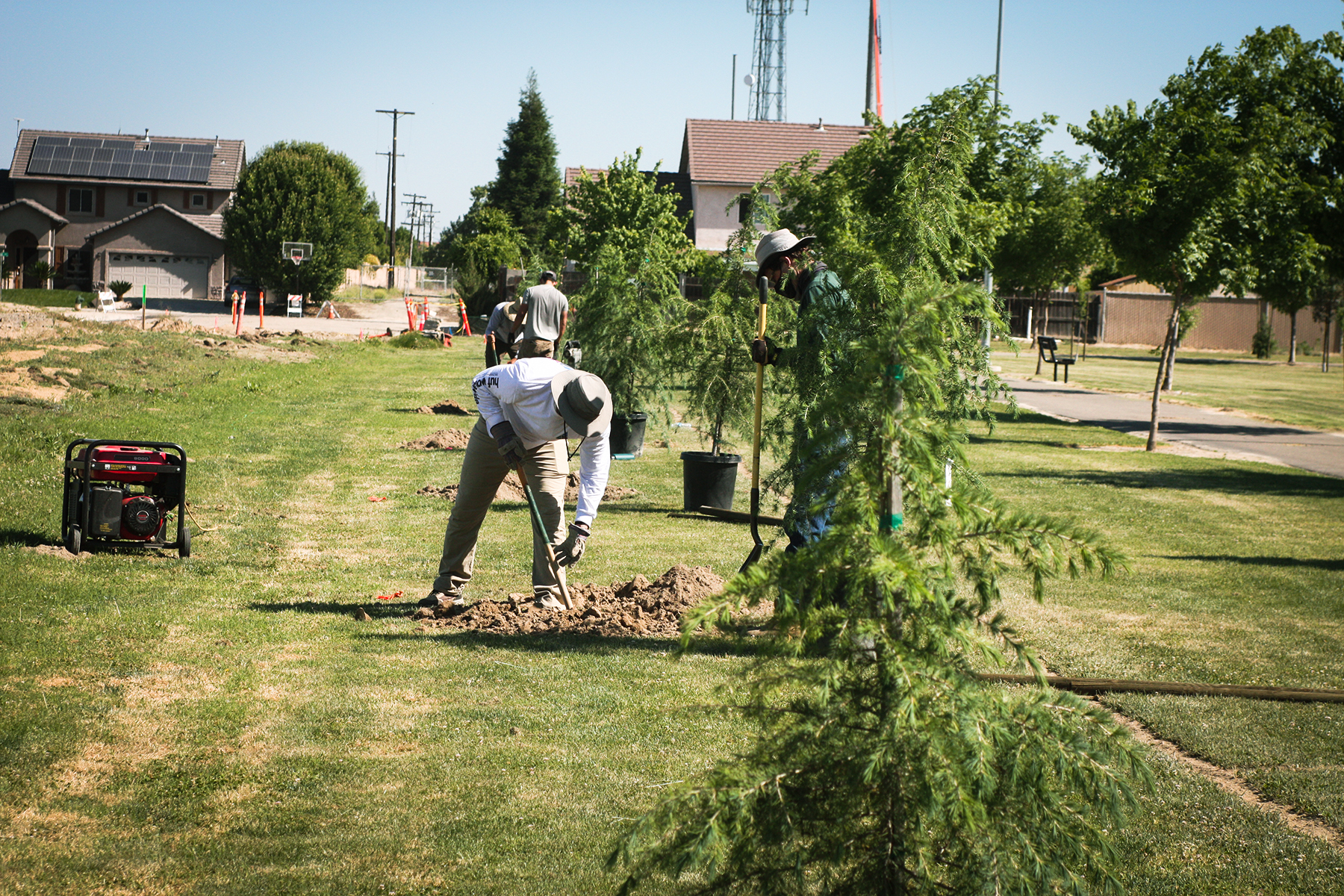
$117 Million Available for Schoolyard Greening Projects
A historic level of funding is available to provide shade and nature for California schools and communities through CAL FIRE’s Green Schoolyard Grants program. $117 million is available for both planning and implementation of projects that will improve nature and tree canopy cover on California K-12 public school campuses and nonprofit childcare facilities. CAL FIRE’s Urban & Community Forestry Program will accept applications until April 14, 2023.
California State Legislature Invests $150 Million for Green Schools
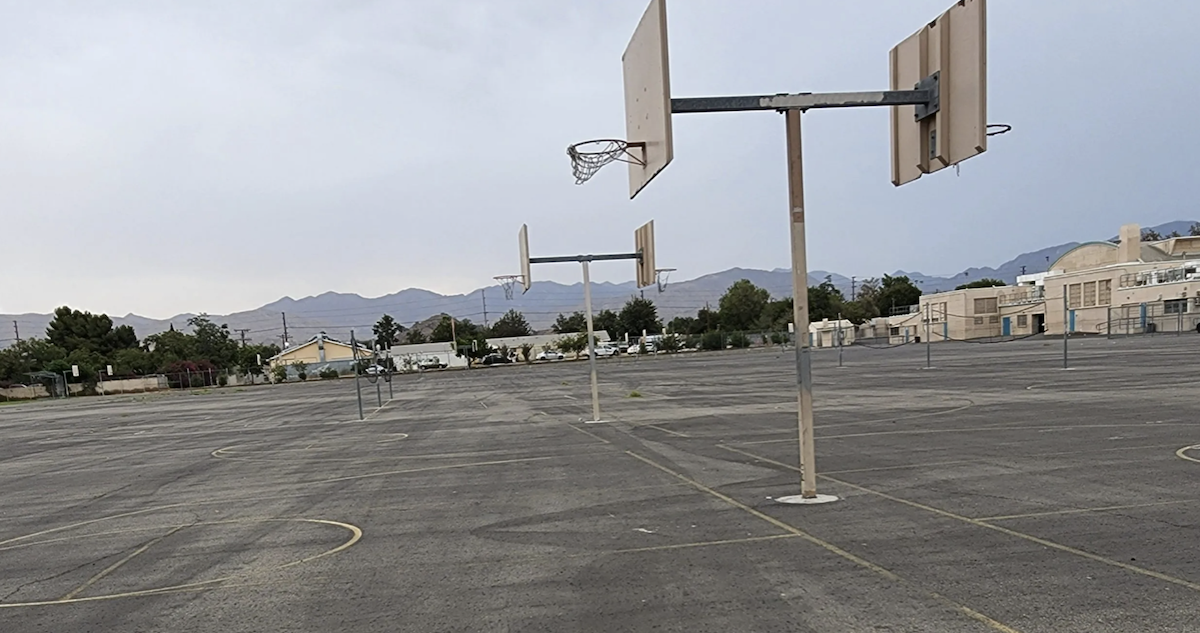
California State Legislature Invests $150 Million for Green Schools
California officials and climate activists gathered at Pacoima Middle School to celebrate $150 million being invested to help greenify schools across the state.
The funds, approved by the state legislature and Gov. Gavin Newsom, will be used to plant grass and trees in asphalt-covered schoolyards. The investment comes at a time when California has been experiencing its longest and most intense heat wave on record.
RESOURCES
CAL FIRE: Urban and Community Forestry
Green Schoolyards of America
Fighting the Goldspotted Oak Borer Instructional Video
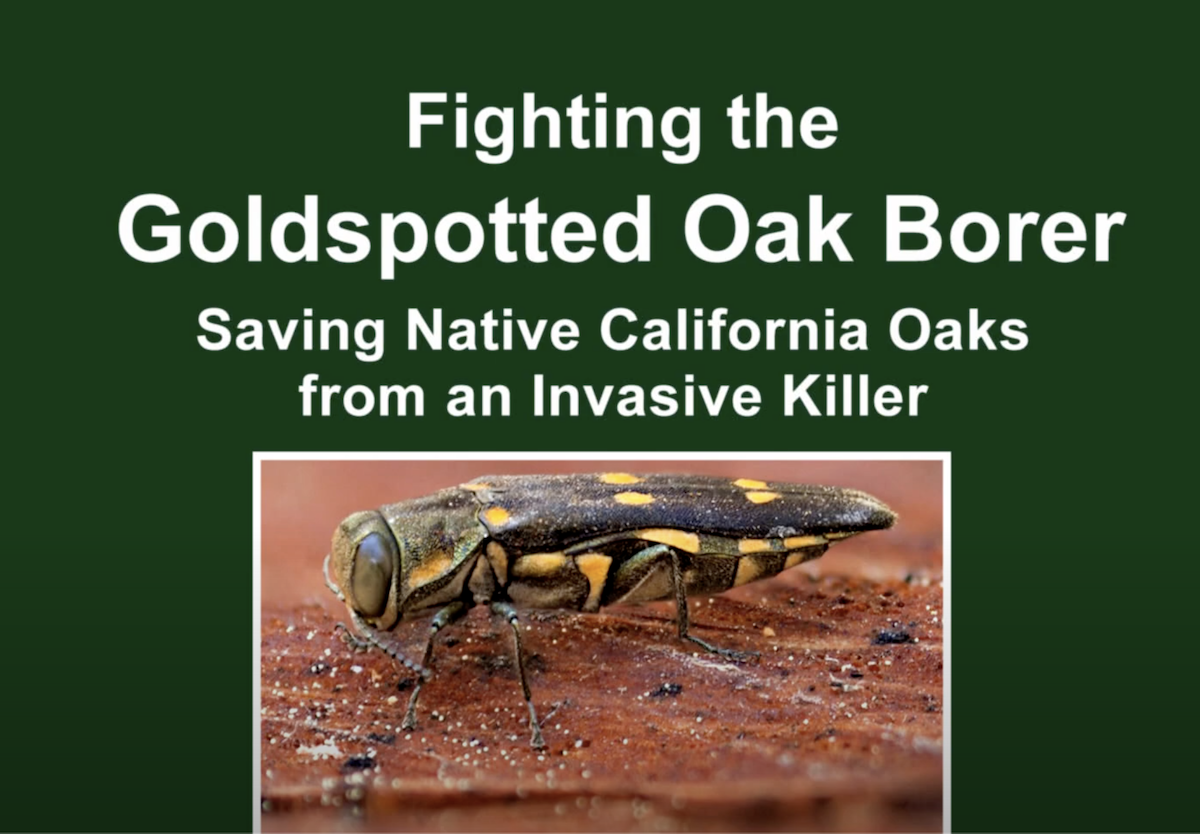
Fighting the Goldspotted Oak Borer Instructional Video
Oak Grove, a small San Diego backcountry community, is a success story in stopping an invasive, tree-killing pest from attacking California’s beautiful native oaks. The Goldspotted Oak Borer (GSOB) is a deadly invasive pest that that is threatening California’s oak trees. In this video, UC wildlife biologist Dr. Tom Scoot and arborist Bret Hutchinson summarize proven techniques for identifying and treating GSOB.
RESOURCES
San Diego RCD Fire Safe Council
Village News, 8/27/22: Learn how to protect California oak trees from a deadly, invasive pest
Community Wildfire Preparedness and Mitigation Division
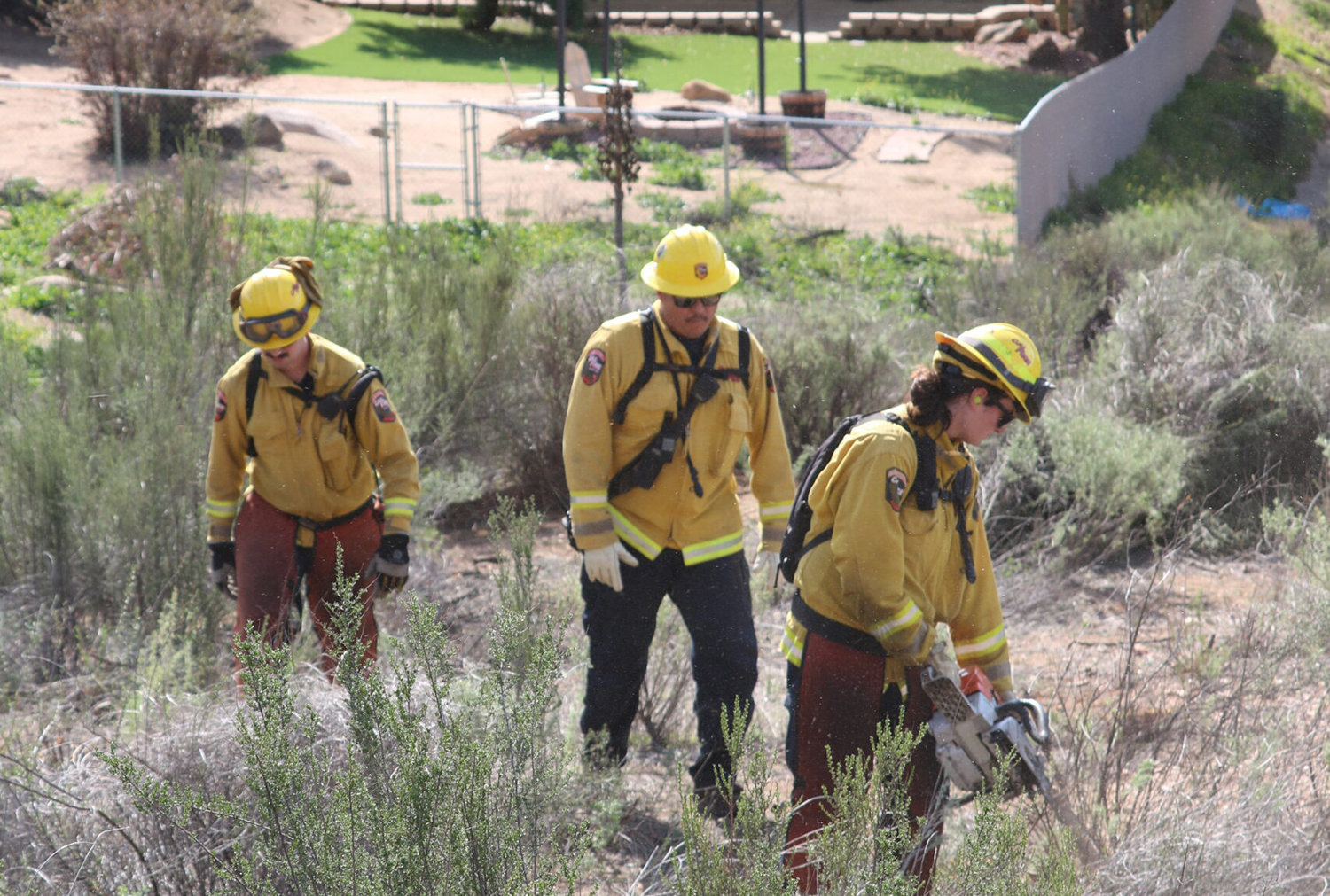
Community Wildfire Preparedness and Mitigation Division
The Office of the State Fire Marshal’s Community Wildfire Preparedness and Mitigation Division works with federal, state, and local agencies, Native American tribes, non-profit entities, and other stakeholders to prepare California communities against the devastating effects of wildfire. The various programs within the division allow CAL FIRE to continue to build local and regional capacity, as well as developing, prioritizing, and implementing strategies and projects that create wildfire prepared communities. The tasks involve working with stakeholders on wildfire planning to reduce or eliminate fire hazards and risks, modifying the environment by removing or reducing receptive fuels, conducting fire hazard compliance inspections, and providing education and grant opportunities for wildfire prevention efforts.
RESOURCES
California Incident Data and Statistics Program (CalStats)
CAL FIRE’S Land Use Planning Program
Arbor Week 2022 Poster Contest
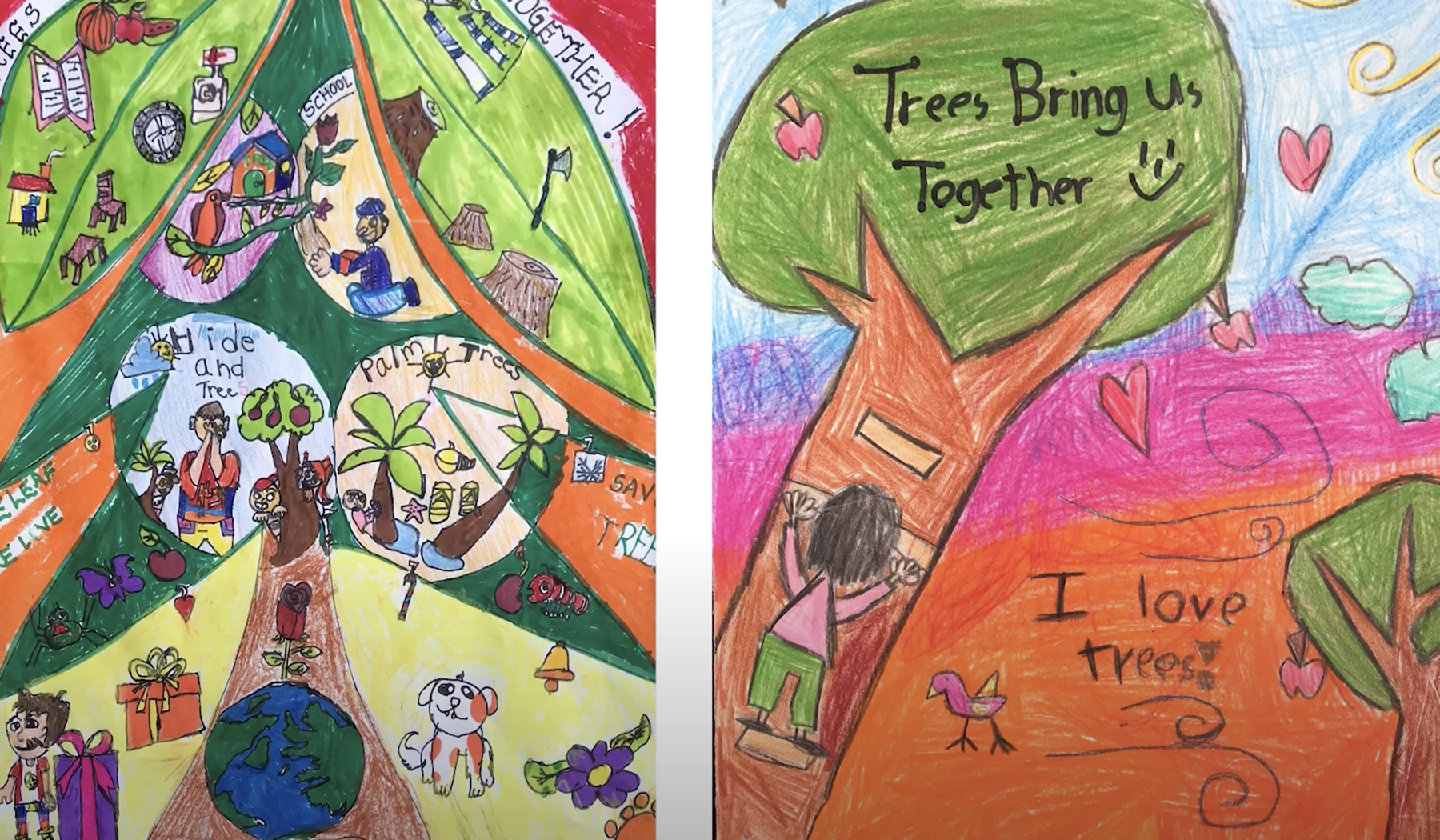
Arbor Week 2022 Poster Contest
Jun 1, 2022: This year’s theme is Trees Bring Us Together. CAL FIRE thanks all the youth who submitted artwork for the 2022 annual Arbor Week Poster Contest, hosted by cooperating partner @calreleaf.
RESOURCES
California Releases Extreme Heat Action Plan
California Releases Extreme Heat Action Plan
To protect communities from rising temperatures, the plan outlines a strategic, all-of-government approach to building resilience to extreme heat and mitigating its health, economic, ecological and social impacts.

